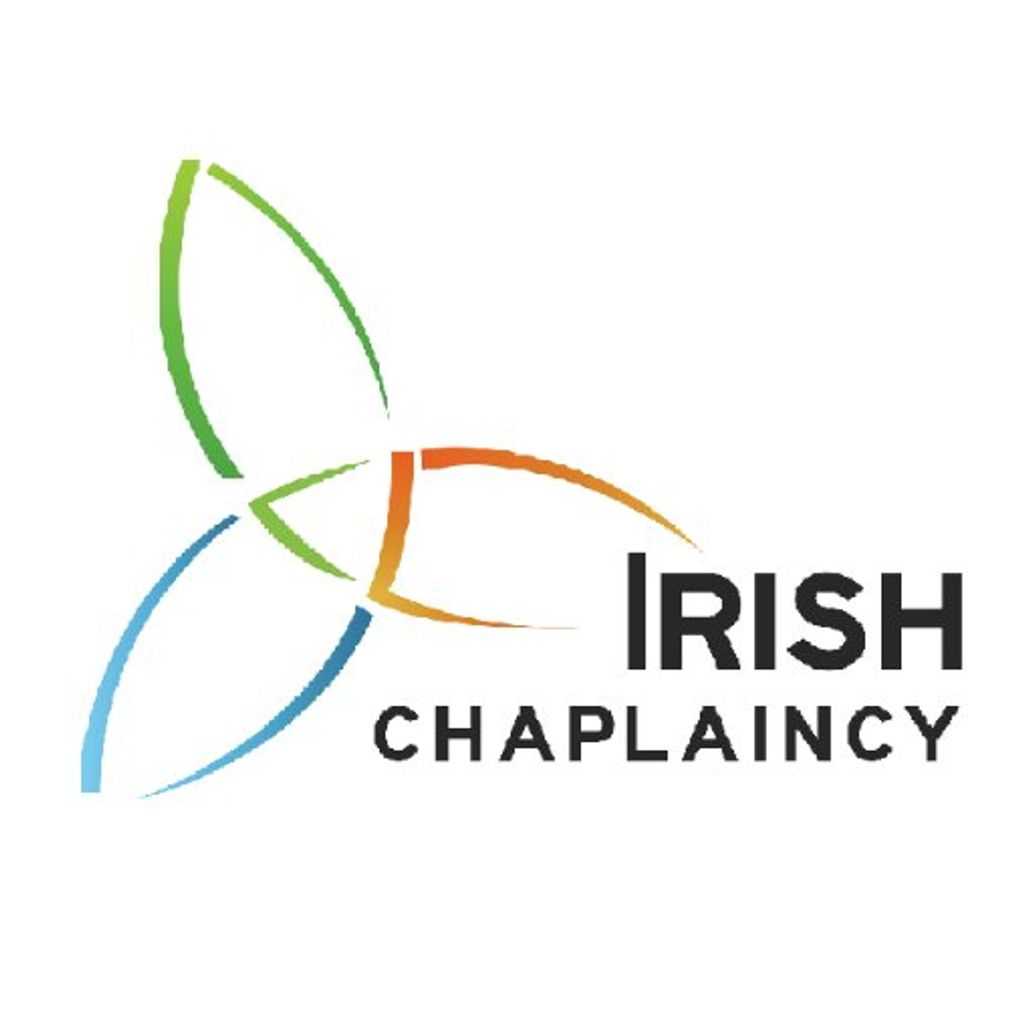Prison Education for Travellers and Gypsies
“There’s no use having the wrong type of education for a man who has worked 20 years on the roads… It has to be the right type of education.” (A Traveller prisoner, HMP Wormwood Scrubs)
13 Oct 2021
Can you remember a time when you weren’t able to read? I certainly can’t and I first asked myself this question in 2015 in my role with the Traveller Equality Project at the Irish Chaplaincy. I was attending a Traveller group at HMP Isis, where a group of Traveller men had come together to meet and chat. I passed a piece of paper around the group and asked each man to write their full name and prison number. One young man, similar in age to myself, timidly wrote his first name. It resembled that of a young child, learning to read and write, with big letters spaced far apart. It was then that the reality of all the things I had read and learned about adults with poor literacy, especially in the GRT community, came to light.
My first thought when thinking about not being able to read is how I’d have missed out on being able to enjoy a good book. From a young age, I have adored reading and the escape from reality which a great book can bring. However, illiteracy is far worse than this and is particularly impactful in prison. In prison almost every request is made via an ‘application’. Prisoners ‘put in an app’ to visit the doctor, attend education, get a job, go to worship, make a complaint etc. They also pick their meals from a menu on paper, navigate important legal documents or read/write letters from home. Without basic literacy skills, surviving the bureaucracy of prison life, is difficult and doesn’t allow much scope for rehabilitation.
It is estimated that around 5% of the prison population is from a Gypsy or Traveller background. This is even higher for Gypsy or Traveller women and children in prison. Many have low educational attainment and did not finish school. Prison is a place where there is opportunity to learn literacy skills and gain other qualifications, however, this isn’t always taking place and sometimes it is assumed that Travellers are not interested in and will not participate in education and training.
Providing the right type of education where Traveller and Gypsy prisoners feel it will enhance their lives on the outside will encourage engagement in prison education. Providing culturally appropriate and relevant resources is vital. The Irish Chaplaincy has a series of early reader books which are entry level literacy with an adult story. One of the biggest complaints I hear from new learners is that they are learning from a book they have seen their grandchildren bring home from school. This only adds to their reluctance to learn due to embarrassment and stigma. Embedding learning into vocational courses or the workplace is also one of the best opportunities for Traveller and Gypsy prisoners to learn basic skills. Traditionally, manual, self-employed work is favoured by this community as it fits around travelling and family life. Many community members want to work in prison and 20 minutes with an outreach tutor in the workshop can significantly improve educational attainment. Finally, peer mentoring is a proven successful way of improving literacy amongst Travellers and Gypsies. The Shannon Trust reading programme, is a peer mentoring scheme, whereby a learner is matched with a mentor to complete a short reading guide over 20 minutes a day. The Irish Chaplaincy has seen many clients successfully learn to read and write on this programme and feel comfortable learning from a fellow Traveller as their mentor.
Whatever, the right type of education for Traveller and Gypsy prisoners, it is vital that prison is a place where all can gain the skills and knowledge to become successful members of society!
For copies of our Early Reader books – get in touch: ellena.costello@irishchaplaincy.org.uk